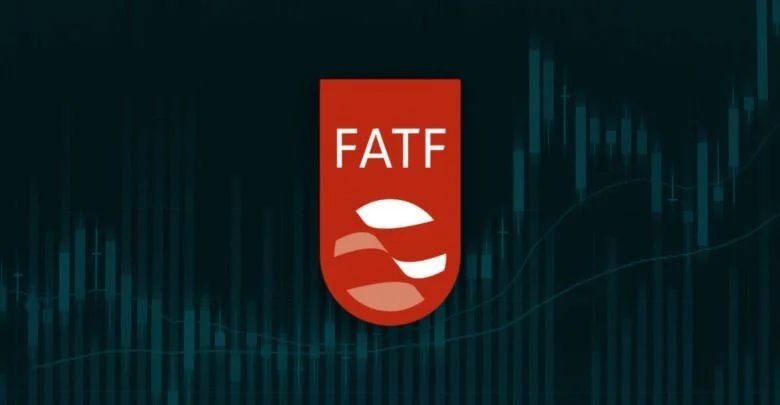The Financial Action Task Force (FATF), a worldwide anti-money laundering watchdog, has modified its crypto market standards.

The final recommendations improve on the draft guidelines provided earlier and provide additional clarity. The guidelines place a particular emphasis on how authorities should approach new markets like NFT and Defi.
“Countries should not apply their definition based on the nomenclature or terminology which the entity adopts to describe itself or the technology it employs for its activities…The obligations in the FATF Standards stem from the underlying financial services offered without regard to an entity’s operational model, technological tools, ledger design, or any other operating feature,”
NFTs should not be classified as typical digital or virtual assets, according to the draft rules, but if they are traded in accordance with the FATF principles, they should be regulated correctly under the same regulatory umbrella.
“Some NFTs that on their face do not appear to constitute VAs may fall under the VA definition if they are to be used for payment or investment purposes in practice,” said the guidance. “Other NFTs are digital representations of other financial assets already covered by the FATF Standards. Such assets are therefore excluded from the FATF definition of VA, but would be covered by the FATF Standards as that type of financial asset.”
FATF Shed Light on Issues With Defi
The primary problem with the final draft crypto market standards is Decentralized Finance (Defi). The majority of the recommendations are ideal for centralized exchanges and platforms, but they leave a lot to be desired on the Defi front. Instead of regulating protocols, FATF has devised a system in which operators of Dex platforms and Dapss will be held responsible and liable. According to the FATF,
“There may be control or sufficient influence over assets or over aspects of the service’s protocol, and the existence of an ongoing business relationship between themselves and users, even if this is exercised through a smart contract or in some cases voting protocols. Countries may wish to consider other factors as well, such as whether any party profits from the service or has the ability to set or change parameters to identify the owner/operator of a DeFi arrangement.”
